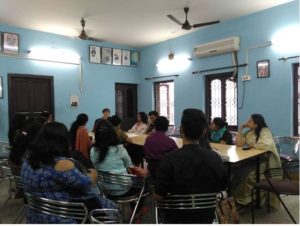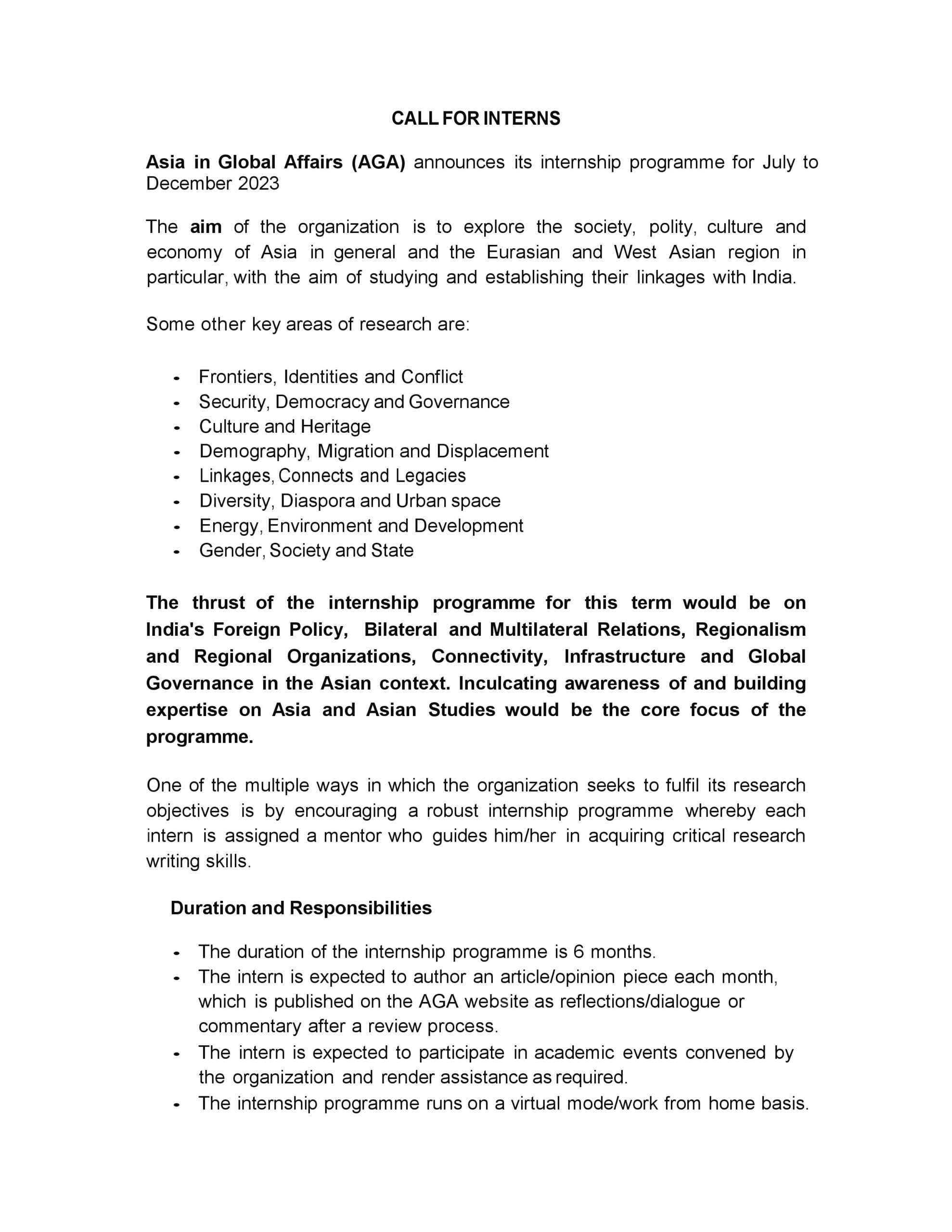
Dr. Lisa Schuster from the Department of Sociology, University of London delivered a talk on ‘Returning Refugees to Conflict Zones’ at the Calcutta Research Group on February 5, 2018. The event was organized in association with Asia in Global Affairs.Dr. Schuster has been based at the Afghanistan Centre at Kabul University, and has done extensive fieldwork in Afghanistan.
Dr. Schuster began by briefing the audience about her field work and the aforementioned topic. She referred to the policy of ‘Inclusion and Exclusion’ of migrants in Europe and offered a critique of the asylum policies and practices pursued by the European Union, whereby few refugees are allowed to enter the state to maintain the façade of a ‘Liberal Democratic State’. She spoke about her continuous struggle to reach out to the migrants and the problems that she had to contend with due to the lack of access to existing research and an absence of research culture in Afghanistan. Dr. Schuster covered a wide array of issues related to migration from the representation of migrants in the cultural and societal context, to the shifts in perceptions, as well as an exploration of policy agenda imposed by the Europeans designed to deter irregular migration and facilitate returns, both forced and voluntary.
She then went on to speak about the deplorable conditions in Afghanistan, where the people are poor or uneducated and are mainly in search of physical labour. Pakistan and Iran host millions of Afghans, where the Afghan refugees are constantly instrumentalised to exert pressure on Afghanistan or the International Community. Compared to Pakistan and Iran there were fewer number of refugees in Europe, but as Pakistan and Iran became less receptive in the 1990’s and 2000’s, there was no long term future for new generations and refuge was sought further afield, in Europe for instance. Afghans were being pushed back from refugee states, often being tagged as a ‘voluntary movement’. The European Union clearly conveyed to the Afghan government that if they wanted monetary aid and funding then they would have to cooperate and prevent Afghans from getting into Europe. Since the government in Afghanistan is a fractured one, there is no clear and coherent policy and this leaves the people in danger and in an unsafe zone.
Dr. Lisa Schuster repeatedly emphasized that the people in Afghanistan are not safe and that it is a conflict region, where none benefit from the policies of the government. Deportation and detention are also matters that have become of great interest and are a subject of discussion. The only people ‘safe’ from deportation in the European state are the citizens. The refugees have no civil rights and are thus prone to deportation.The speaker referred to incidences of deaths in the process of deportation, a clear indicator of the dismal circumstances. For a state like Afghanistan that is in conflict, repatriation for the refugees is not only unsafe but dangerous. However, after Pakistan and Iran turned hostile there has been mass deportation and repatriation, whereby many refugees chose to seek refuge in Europe. Repatriation can take place only when a state decides that it is safe to opt for internal relocation of refugees to countries in conflict.
Dr. Schuster concluded her talk by re-emphasizing that the conditions of the Afghans in Europe and Afghanistan are not only deplorable but extremely unsafe and dangerous. They are dependent on the governments for their survival and existence. However they fail to understand the irony of the situation where the policies framed by the government are not framed in order to benefit the citizens of the state, but to make work easier for the officials. There has been a huge impact of deportation of individuals in Afghanistan, where they are left with absolutely nothing. Human existence and survival have been categorized and clustered under the term – ‘Good Refugees and Bad Refugees’. Dr. Schuster shared some of her experiences while she was conducting her research and field work, and spoke about people housing families, couples, and minors (aged 16-18). She also mentioned about some books that she had read and had translated as well as recommended a few for future researchers.The talk was followed by an interactive session wherein Dr. Schuster responded to specific queries raised by members of the audience.


